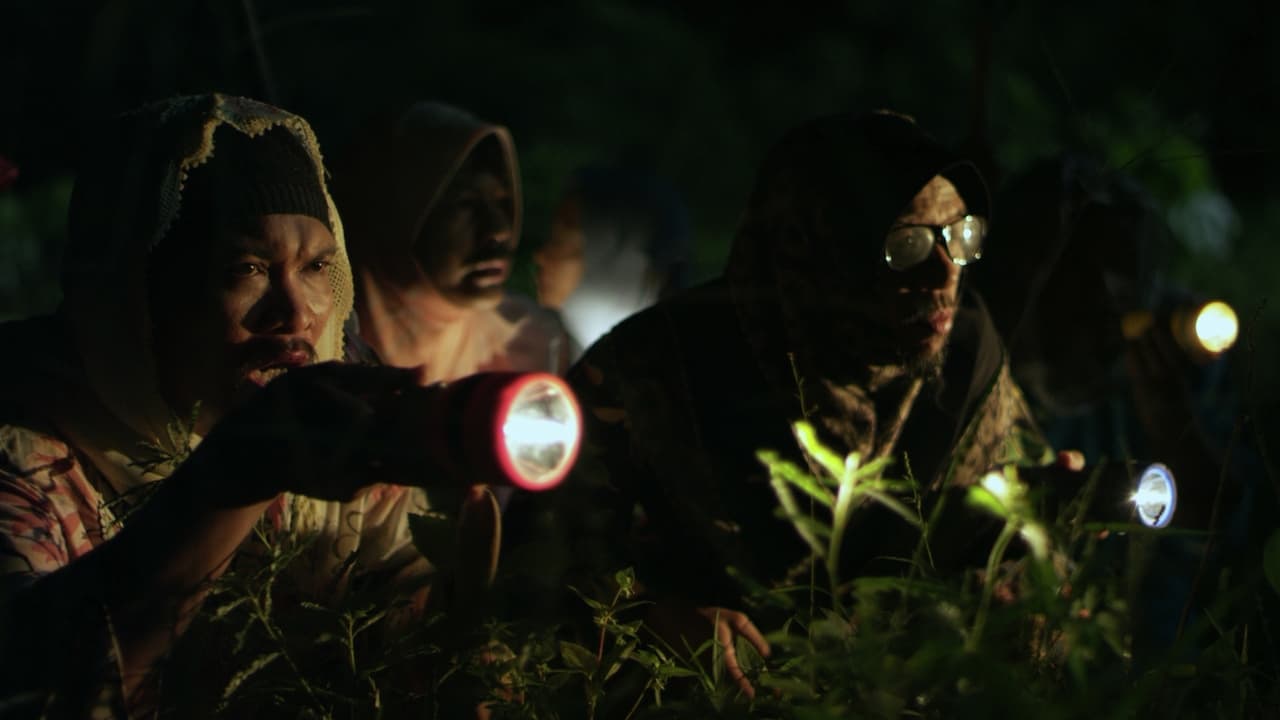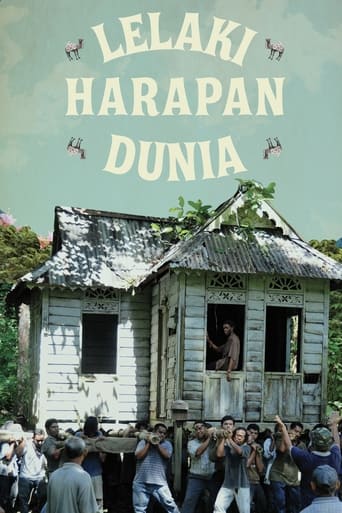JvH48
Seen at the Rotterdam film festival 2015 (IFFR), where is was part of the Bright Future section. Lighthearted story, very well shot and keeping our attention the whole time. The critical undertone, however, about religion and superstition cannot be dismissed easily. We get an insight in how these villagers see the world. Many things happening are thought to be influenced by God, or conversely by ghosts. It is a big advantage of film festivals that it opens windows to civilizations that differ from ours, though not that alien that we fail to understand it, provided some additional information. In that respect, the final Q&A with the director was very enlightening. The remainder of my text is derived from notes I scribbled down.Moving house is an old Malaysian tradition, currently not practiced anymore. It brings many different people together, doing something big with many cooperating hands. Malaysia has more such things we cannot immediately understand from our viewpoint. Moreover, it takes many years to fully grasp all things going on in Malaysia (same applies to other places, says the director). Anyway, it was not easy to shoot the house moving part of the film, due to unevenness of the ground, trees standing in the way, and it had rained the night before. The house in question was assembled from several empty houses they bought out of the environment.People in Malaysia wanted to boycott the film, as it seemed demeaning for the local people and their customs, and several things sensitive to locals are touched. For the director it was a conscious decision to make this into a comedy, as this was the perfect way to say something about the country and their people. Politics and religion are difficult to talk about and cause lots of hoopla, so a lighthearted comedy is the best (and also most powerful) medium.The inspiration for the story came from a Muslim friend who witnessed a ritual slaughtering, as we see here, with blood spraying over the public. It left him nausea for several weeks. Religious rituals like these are not fully Islamic but mixed with Buddhism and Hinduism, coming forth from the many religions bringing their influences in past centuries.This movie got much attention when released domestically, which was unusual. It created a lot of debate on social media, with two distinct camps, those loving it and those hating it. The director was quite happy with all the fuss, as it started vivid and relevant discussions about society, people etcetera. The domestic release did not do well in terms of box office, as people are more acquainted with Hollywood-like films. That also made it difficult to raise money. They traveled around the world for 3 years, received some grants but the remainder is collected in small bits and pieces. What also deviates this film from what local people normally see from Hollywood, is that there is no happy ending. Such is life, going on in a circle screwing up the world and destroying everything on it. We don't have a clue about what it all means, not even whether there is any meaning at all, but that is part of the story too.
Athari Bahardin
A bright entry -- the film begins positively, full of hope and optimism. Easy to feel a connection with the characters through excellent acting (especially from Wan Hanafi Su & Azhan Rani), fascinating cinematography and well-written script. It serves as a satire of the rural Malays stereotype which the Director carefully blends into Malaysia's socio-political dimension.Yet, halfway through, this witty film turns into a silly comedy -- which is an outright disappointment. In a swift turn, the film loses its personality. It runs out of ideas when the film is about to climb to its climax — before gradually falls into comatose and succumbs to dreariness.As a whole, Lelaki Harapan Dunia is a dim spark in this hopeful revival of Malaysia's once-celebrated film industry. I'm not a film connoisseur but I'd say that this one leans slightly towards singkong (cassava) rather than keju (cheese).

